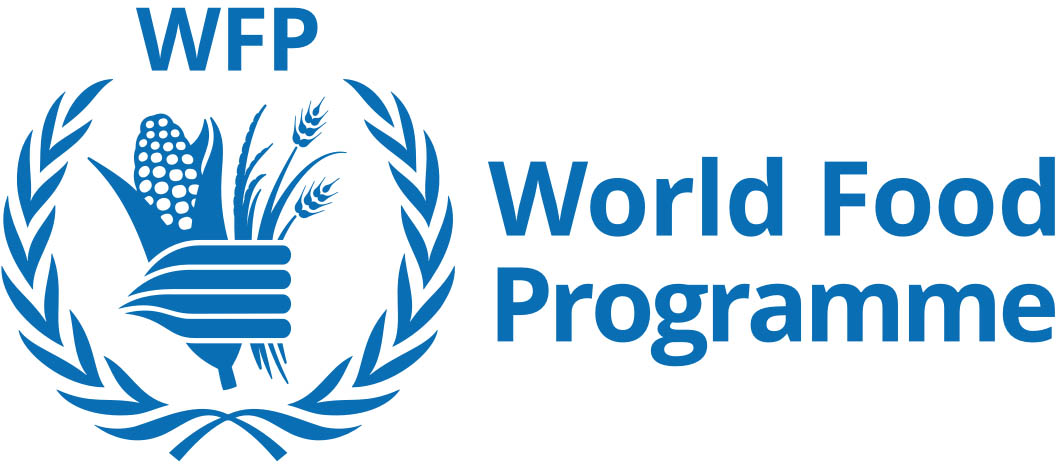The multi-national nature of the COP-28 forum currently underway in Dubai allows for the range of the forum’s agenda to go beyond some of the central issues like climate change and fossil fuel recovery, probing other considerations that are of critical importance to the international community, as a whole, and to a considerable extent to underdeveloped countries, specifically. The countries of the Caribbean represented at COP 28, for example, benefitted from the first significant agreement reached in Dubai, a historic agreement on a Loss and Damage Fund designed specifically to help poor countries respond to the effects of climate change.
The United Arab Emirates, Germany and the United States are among the countries that will be contributors to the Fund. If climate-related damage is by no means the whole of the Caribbean’s environmental issues, regional Heads of Government and their delegations could at least make a legitimate claim to their presence in Dubai being justified in fairly generous measure. The Fund, when it becomes operational, will represent a significant step forward in focusing on the issues of loss and damage, though the region will be only too well aware that this is only part of the problem. Meanwhile, with the Caribbean, of late, beginning to face urgent food security challenges, it has been disclosed that the OPEC Fund for International Development (the OPEC Fund) is pursuing the teaming up with partner organizations in order to seek to address the challenges of food insecurity, not just in the Caribbean but in other food-challenged countries elsewhere in the world.
Contextually, word has come from the COP 28 forum that the OPEC Fund has signed an Agreement with the International Atomic Energy Agency (IAEA) as well as a US$500,000 grant agreement with the World Food Programme (WFP) on the sidelines of COP 28, that are aligned with the OPEC Fund’s US$1 billion Food Security Action Plan which was adopted in 2022. The Agreement dictates that OPEC and the IAEA work together to raise awareness about innovation for sustainable agriculture, including the contributions of nuclear science and technology (including isotopic tracing, radiation-induced mutation breeding and soil fertility mapping,) to climate adaptation and food security.
Word has also emanated from Dubai about a meeting with OPEC Fund Director, Dr. Abdulhamid Alkhalifa and World Food Programme (WFP) Executive Director, Cindy H. McCain, at which the two signed a grant agreement (as a follow up to a Memorandum of Understanding signed between the OPEC Fund and WFP in June 2023) under which the two entities committed to the co-financing of a pilot programme designed to address hunger in parts of the Philippines. Contextually, OPEC Fund Director-General Alkhalifa is quoted as saying that “global food insecurity is closely linked to climate change.”
He asserted that “since its inception in 1976, the OPEC Fund has been committed to eradicating hunger around the world. Today, we prioritise global food security through a range of initiatives and projects. Promoting sustainable agriculture practices, building resilience and involving innovative technologies will support the delivery of Sustainable Development Goal 2 – No Hunger.” Up to this time OPEC has reportedly committed in excess of $US2.6 billion to agriculture-related projects, a figure that reportedly represents around 10 per cent of its overall commitments. Last year, it launched a $US1 billion Food Security Action plan which, reportedly, is to be deployed to serve as immediate assistance to cover the import costs of basic commodities, while supporting medium and long-term security of food supply in partner countries. The plan was immediately implemented with loans to countries in the Middle East, Africa, Asia and South America.



